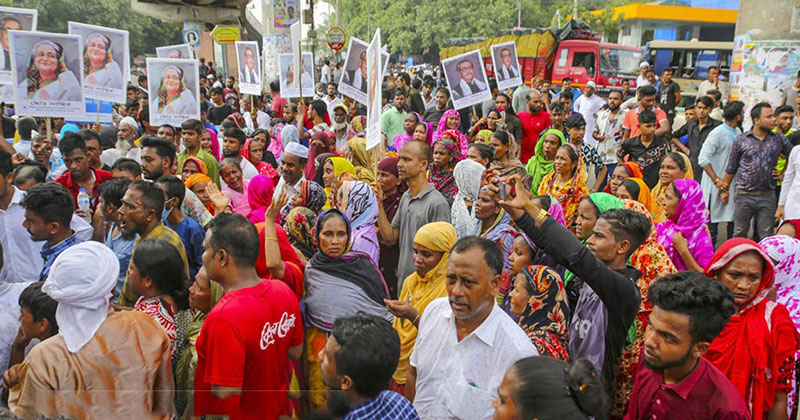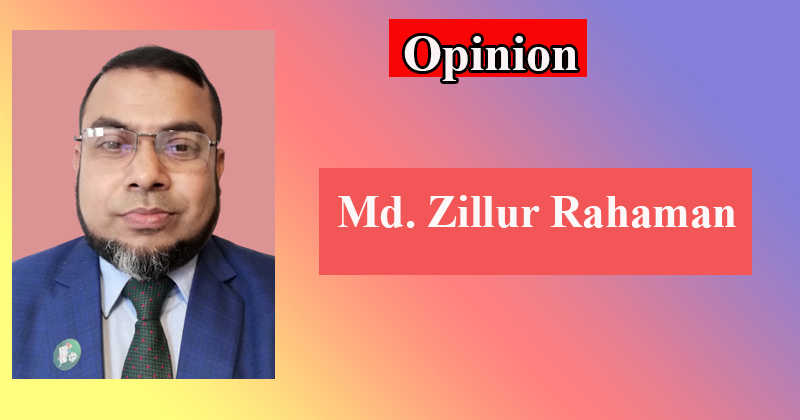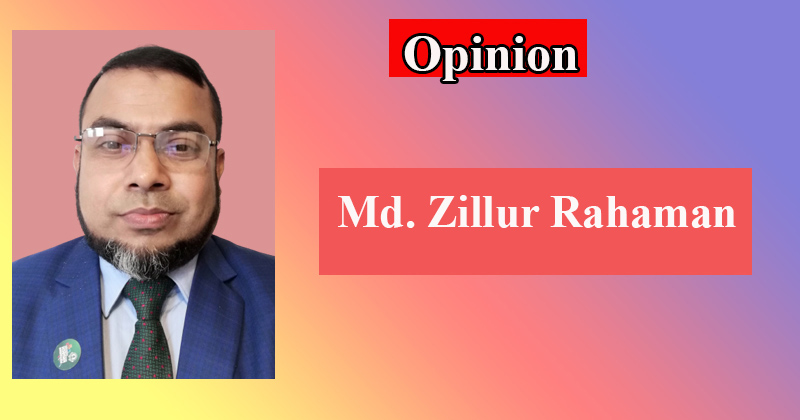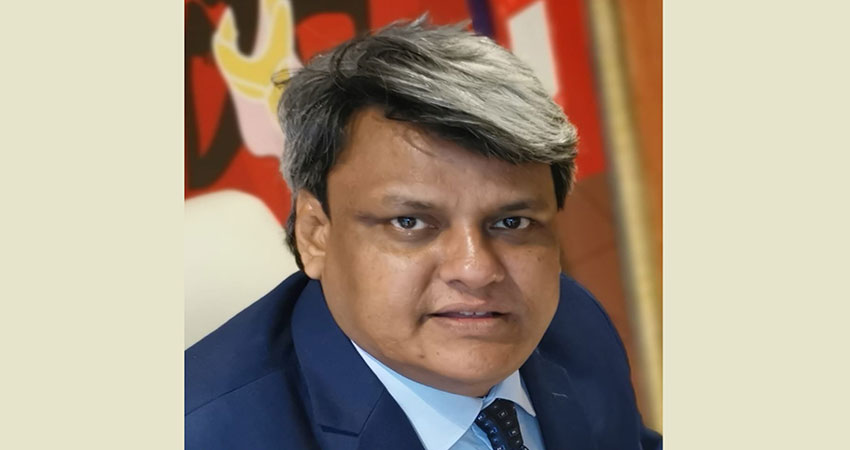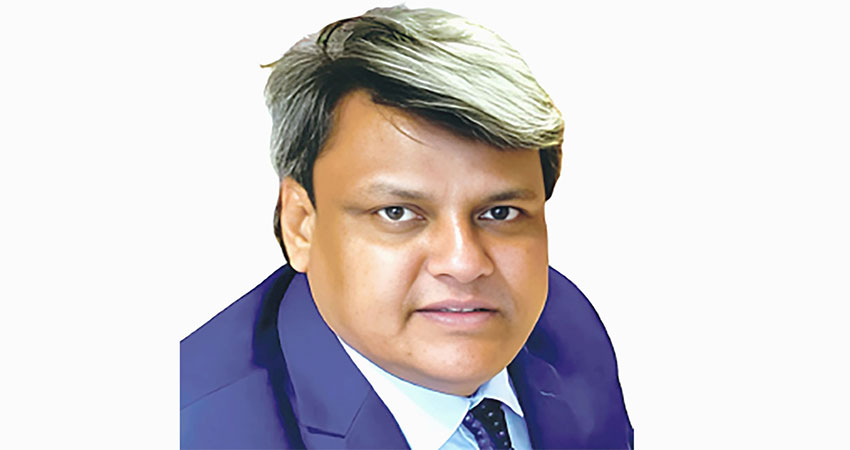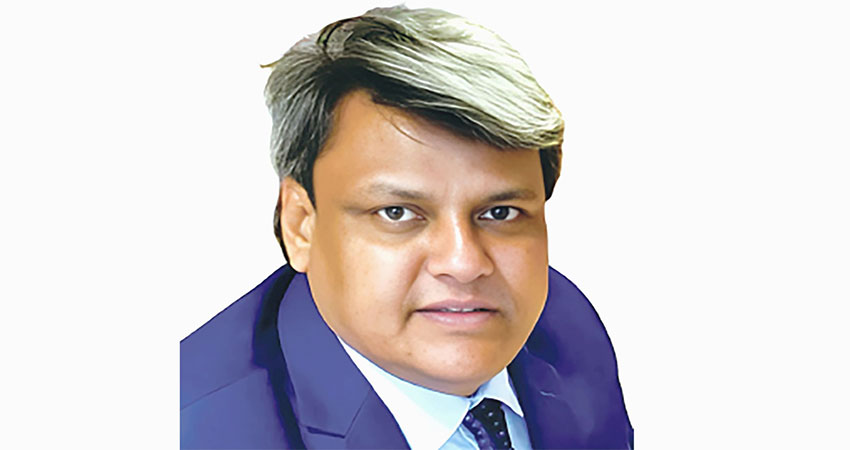If a leading politician of an opposition party threatens ‘a repeat of 1975’, it points to the bankruptcy of its politics and raises the spectre of a repeat of history.
The year 1975 witnessed a violent military coup leading to the liquidation of almost the entire family of founding father Bangabandhu Sheikh Mujibur Rahman and the ultimate collapse of the elected government of the Awami League.
That coup led to a Pakistan-style military takeover in Bangladesh with General Ziaur Rahman leading the charge. The BNP was founded by Zia and incubated in the barracks to politically legitimise power secured by the barrel of the gun.
That the BNP’s volunteer wing Secretary General Kader Bhuiyan is now calling for a “repeat of 1975”, a call not contradicted by any senior BNP leader, points to an unabashed and shameless return to the politics of force that is enshrined in the political DNA of the party founded by the country’s first military dictator.
From faraway London, Zia’s son Tarique Rahman has been calling party leaders through web conferences apparently to boost cadre morale even as the BNP’s ally the Jamaat-e-Islami starts a mass outreach to campaign for a “proper government founded on Islamic precept”.
From 1975 to 2004, when a grenade attack aimed at liquidating the senior Awami League leadership nearly killed Sheikh Hasina, and now the call for a “repeat of 1975” in 2022, there seems a striking continuity of anti-Awami politics rooted in the philosophy of massive violence and wholesale elimination.
The irony is that the Western discourse of human rights seeks to legitimise and boost these very anti-democratic and often rabidly anti-secular forces by projecting them as victims of a hegemonic Awami League.
The Western discourse is often replete with classic double standards that a contemporary Asian public intellectual Chandran Nair describes as “white privilege”. Indian foreign minister S Jaishankar and former junior foreign minister Shashi Tharoor have both used their enormous intellectual heft in recent months to rip apart this Western facade of fairness and rule of law.
Tharoor has reminded Britain of its loot of India running into trillions of dollars while Jaishankar has attacked the West’s questioning of India’s refusal to jump into their anti-Russia bandwagon by pointing to continued European energy imports from Russia. “What we buy from Russia in a month, Europe buys in an afternoon,” he tersely reminded the Europeans. When confronted by US reports about human rights violations, Jaishankar pointed to the massacre of innocents in minority areas by white supremacists using the country’s lax gun controls.
It is time Bangladesh took a clue from this emerging culture of challenging the “white privilege” and reminded the West of history; of how the US supported the bloodthirsty Pakistani regime which massacred 3 million, including the targeted killing of the Bengali intelligentsia in the last days of the 1971 war.
US Ambassador Peter Haas may be seeking to make amends by describing the 1971 atrocities as horrific. But when his government sanctions senior security officials leading the fight against Islamist terror and the kind of violent politics BNP leaders are now calling for, the US is again on the wrong side of history. For all the facade of human rights concerns, it is driving a Bangladesh agenda that encourages the politics of militant Islam a la Afghanistan and Pakistan.
The sanctions are aimed not only at demoralising the Bangladesh police and security forces which crushed Islamist terror after a surge of it in 2013-16. It seeks to encourage a regime change agenda in Bangladesh and punish Hasina like her father for daring to challenge the Western agenda over World Bank’s mischief in keeping the funding of the Padma Bridge hanging in uncertainty.
The global reality now is not just Russia’s isolation from the West but the West’s growing isolation from the rest of the world. Check out how many countries voted for the Western resolutions against Russia in the UN General Assembly and you know what I am pointing to. So it is time Bangladesh stops worrying about Western threats over sanctions and other actions over “unfair elections”, human rights violations and buying Russian oil.
Like India insisting on a country-first foreign policy which won praise from even Imran Khan, Hasina should insist on Bangabandhu’s foreign policy. She has to worry about the BNP’s threat of a “repeat of 1975” and crush it with all her might, but she does not have to take cognisance of the hypocritical Western critique of human rights when she tries to tackle the unabashed violence born of a violent political-military tradition inspired by Pakistan.
If the UK shamelessly shelters Tarique after he is convicted of involvement in the 2004 grenade attack, if the UK and North America shelter the killers of Bangabandhu behind a flimsy rule of law facade, Bangladesh has every right to crush this culture of impunity and meet force with force. Democracy is no licence for violent trouble-making, so a call for a “repeat of 1975” has to be met with as much counter-force as needed to maintain social order without which it would be impossible to maintain the pace of economic growth and human development achieved over the last 12 years.
Sukharanjan Dasguptais a Kolkata-based commentator, BBC stringer and author of ‘Midnight Massacre’ on the 15 August 1975 coup.
bdnews24.com
Bangladesh’s never-ending politics of threat
